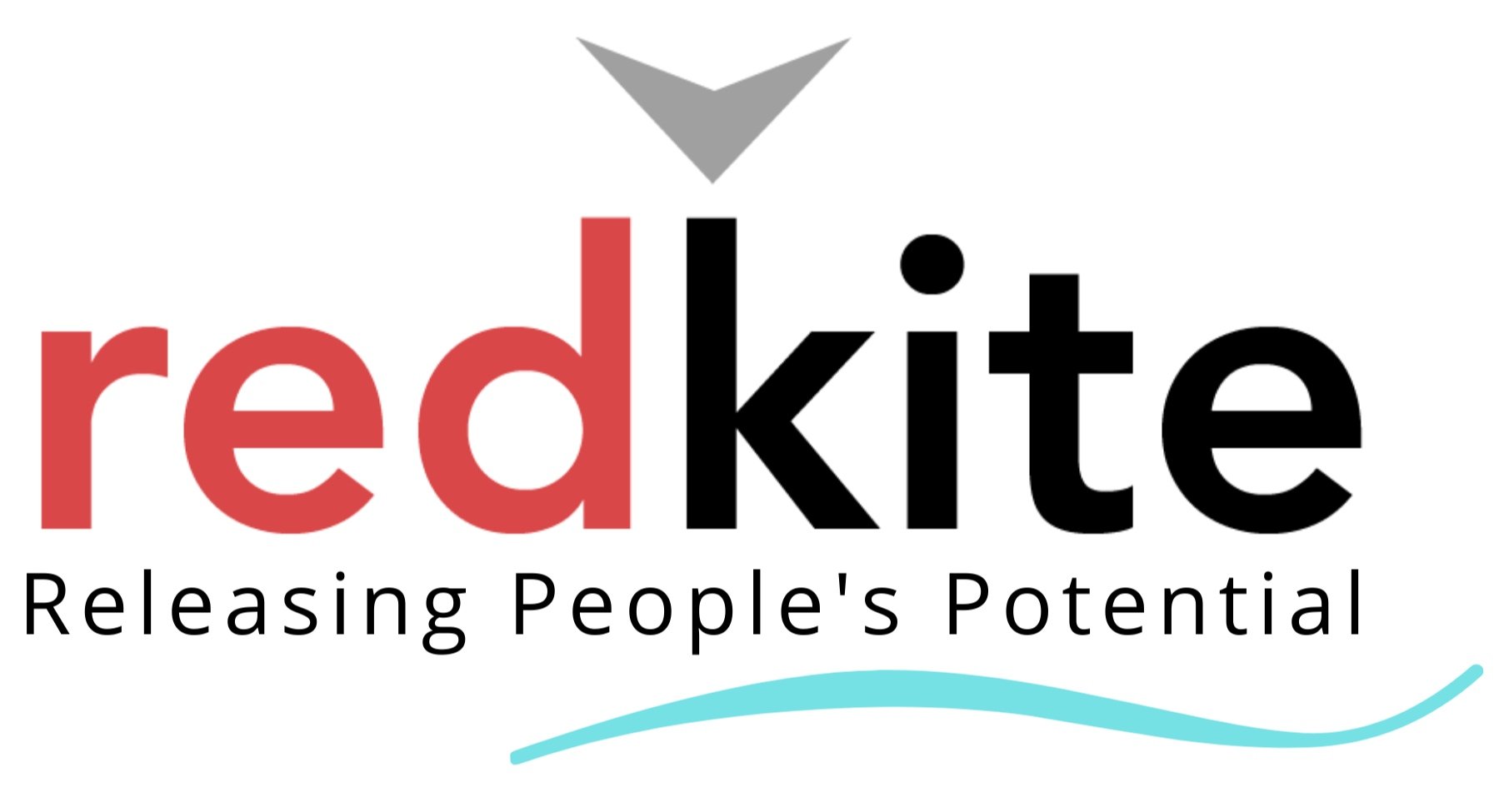The Link between Resilience and Stress
Resilience itself is about the capacity to recover from difficulties, to come back with new vitality, to recover your mojo and emerge stronger from adversity.
The link between resilience and stress is important because higher stress lowers resilience which then feeds back to higher stress and a vicious circle is formed. The secret is to manage or lower stress in order to build long-lasting resilience.
Finding ways to combat higher levels of stress is a very personal thing – however if the stress lowers our resilience it not only causes personal misery but also results in faltering performance which then becomes a serious organisational issue.
With the onset of Covid19 workplace stress has been magnified ten-fold. We believe that resilience has always been critical but now it needs to be top of both our personal and organisational agendas. Protecting individual resilience will give organisations many benefits including:
More engagement
More proactivity
More creativity
More collaboration and
More felt wellbeing
We encourage leaders to make resilience a priority – for themselves, for their people they lead and for their business itself. Improving resilience is a business imperative.
As a consequence, redKite has invested in a research programme and developed a comprehensive ‘Foundations Model’ featuring the crucial building blocks of resilience which can be worked on in training workshops and one to one coaching to stem stress, protect performance and make people feel better.
The building blocks of the Foundations Model capture the key attributes associated with resilience and encompass how individuals relate to others, to themselves and to their environment. Our model builds up a picture of resilience across seven core ‘foundations’. The model is complemented with a rigorous diagnostic questionnaire for individuals and teams which gives a high:moderate:low resilience rating against each foundation.
The building blocks of the model which are explored include:
“Purpose”
Thinking about what is meaningful and most important, and then setting goals around these things and spending more time on them. A purpose gives individuals a compass to keep them on track when facing adversity, which fuels determination, persistence and hope.
“Acceptance”
Letting go of the need for approval and control. Accepting that adversity will strike and learning to go with ‘what is’. Being true to our distinctive ‘values’ and distinguishing between what is within and outside of our control are essential.
“Adaptability”
Looking for opportunities in change, rather than issues or problems. Actively seeking out experiences to facilitate individual growth. Having a clear plan of achievable step-by-step milestones which builds inner confidence.
“Thinking”
Understanding that thoughts and beliefs are assumptions about what is reality – not reality itself. Avoiding negative thinking patterns conjured up by the emotional brain. A shift in mindset to engage the thinking brain and give things logical scrutiny. Distinguishing between unrealistic possibilities and realistic probabilities, turning the inner voice of doubt into the inner coach.
“Belief”
Engaging the individual’s ‘personal resilience model’ which has been repeatedly been able to deal with adversity and challenges in the past. Accessing individual skills, support, approaches and wisdom – the sources of our unique brilliance.
“Connections”
Tapping into our external resources, being resourceful, seeking help and engaging with others. Finding sources of external energy from other people, the environment, technology and information.
“Wellbeing”
Recognising we have no control over the past or the future. Savouring the moment with gratitude and self-care. Not ruminating about the past or worrying about the future. Finding physiological ‘balance’ through exercise, sleep, good diet and play.
Building Blocks of the Foundations Model
redKite use the Foundations Model to build resilient individuals, teams and organisations by increasing self-awareness of what is currently happening, then considering alternative approaches to things with the building blocks as the context and then finally putting new things into action and creating new resilient habits.
We do this using a range of strategies and interventions across individuals and teams which include one to one coaching, facilitated workshops and interactive toolkits.
If you would like to discuss any leadership or team development requirements you have please email customersupport@redkitepc.co.uk
Alternatively you can explore our services by clicking the links below.


